An axe rang sharply ’mid those forest shades
Which from creation toward the skies had tower’d
In unshorn beauty. There, with vigorous arm
Wrought a bold emigrant, and by his side
His little son, with question and response,
Beguiled the toil.
‘Boy, thou hast never seen
Such glorious trees. Hark, when their giant trunks
Fall, how the firm earth groans. Rememberest thou
The mighty river, on whose breast we sail’d,
So many days, on toward the setting sun?
Our own Connecticut, compar’d to that,
Was but a creeping stream.’
‘Father, the brook
That by our door went singing, where I launch’d
My tiny boat, with my young playmates round,
When school was o’er, is dearer far to me,
Than all these bold, broad waters. To my eye
They are as strangers. And those little trees
My mother nutur’d in the garden bound,
Of our first home, from whence the fragrant peach
Hung in its ripening gold, were fairer sure,
Than this dark forest, shutting out the day.’
—‘What, ho! – my little girl,’ and with light step
A fairy creature hasted toward her sire,
And setting down the basket that contain’d
His noon-repast, look’d upward to his face
With sweet, confiding smile.
‘See, dearest, see,
That bright-wing’d paroquet, and hear the song
Of yon gay red-bird, echoing through the trees,
Making rich music. Didst thou ever hear,
In far New England, such a mellow tone?’
—‘I had a robin that did take the crumbs
Each night and morning, and his chirping voice
Still made me joyful, as I went to tend
My snow-drops. I was always laughing then
In that first home. I should be happier now
Methinks, if I could find among these dells
The same fresh violets.’
Slow night drew on,
And round the rude hut of the Emigrant
The wrathful spirit of the rising storm
Spake bitter things. His weary children slept,
And he, with head declin’d, sat listening long
To the swoln waters of the Illinois,
Dashing against their shores.
Starting he spake,—
‘Wife! did I see thee brush away a tear?
’Twas even so. Thy heard was with the halls
Of thy nativity. Their sparkling lights,
Carpets, and sofas, and admiring guests,
Befit thee better than these rugged walls
Of shapeless logs, and this lone, hermit home.’
‘No – no. All was so still around, methought
Upon mine ear that echoes hymn did steal,
Which ’mid the Church where erst we paid our vows,
So tuneful peal’d. But tenderly thy voice
Dissolv’d the illusion.’
And the gentle smile
Lighting her brow, the fond caress that sooth’d
Her waking infant, reassur’d his soul
That wheresoe’er our best affections dwell,
And strike a healthful root, is happiness.
Content, and placid, to his rest he sank,
But dreams, those wild magicians, that do play
Such pranks when reason slumbers, tireless wrought
Their will with him.
Up rose the thronging mart
Of his own native city, – roof and spire,
All glittering bright, in fancy’s frost-work ray.
The steed his boyhood nurtur’d proudly neigh’d,
The favorite dog came frisking round his feet,
With shrill and joyous bark, – familiar doors
Flew open, – greeting hands with his were link’d
In friendship’s grasp, – he heard the keen debate
From congregated haunts, where mind with mind
Doth blend and brighten, – and till morning rov’d
’Mid the loved scenery of his native land.











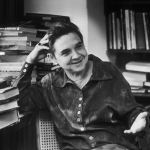
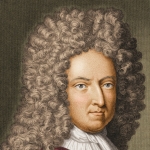

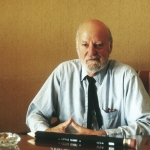
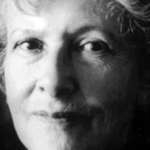



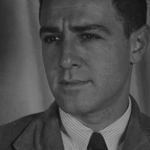
Comment form: